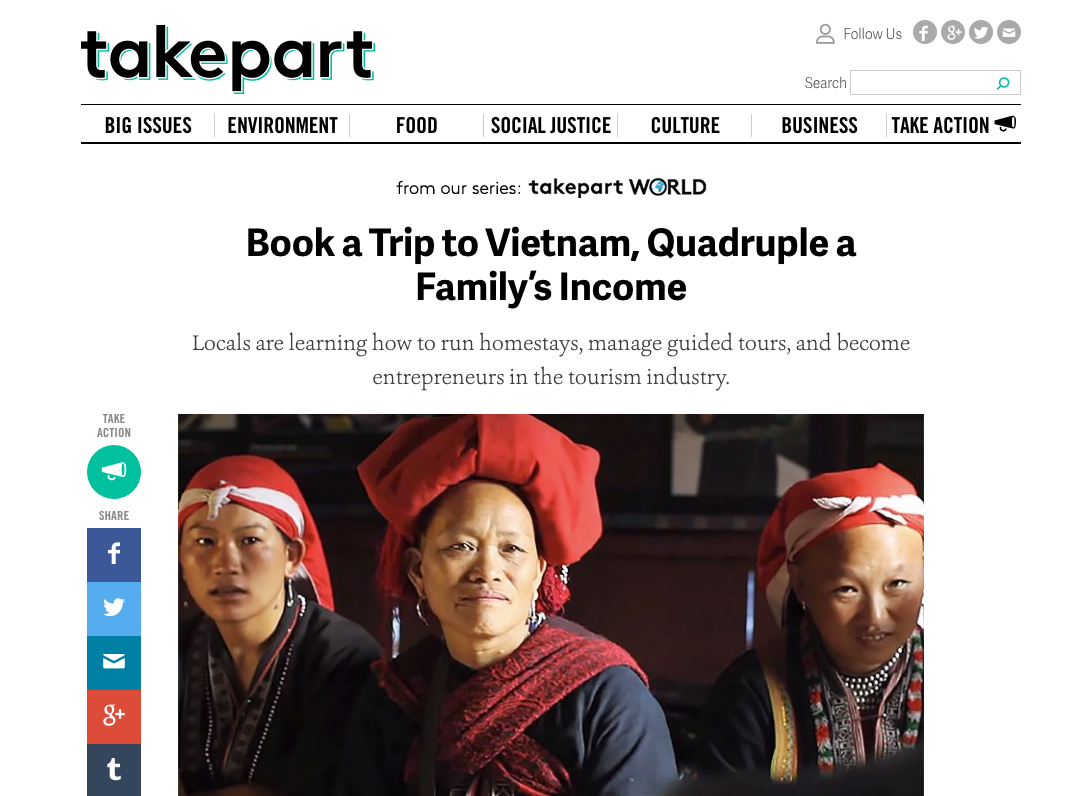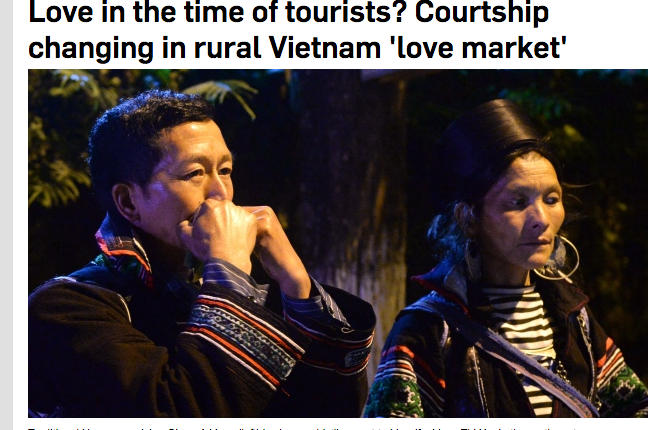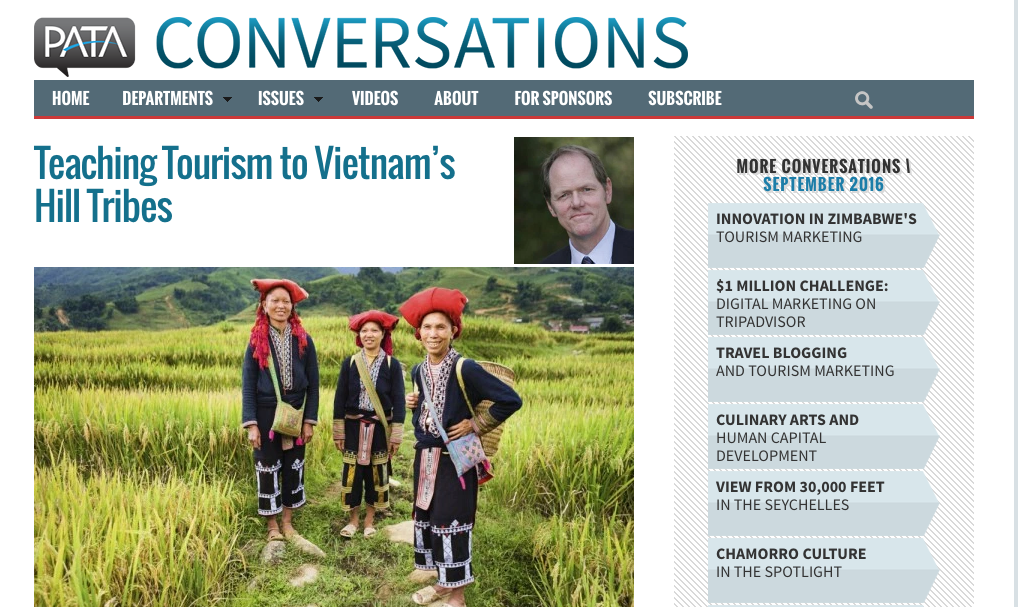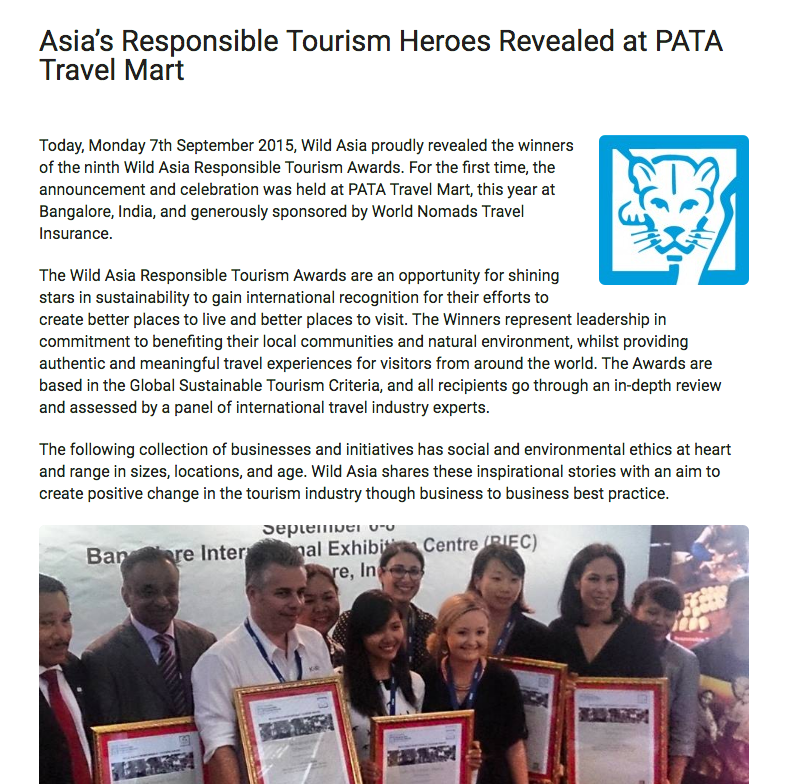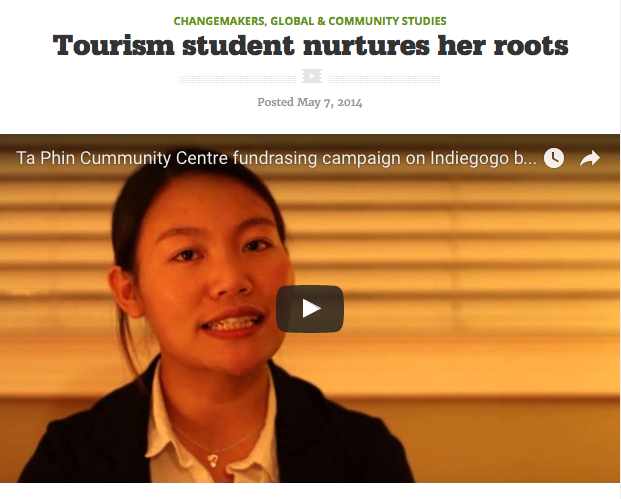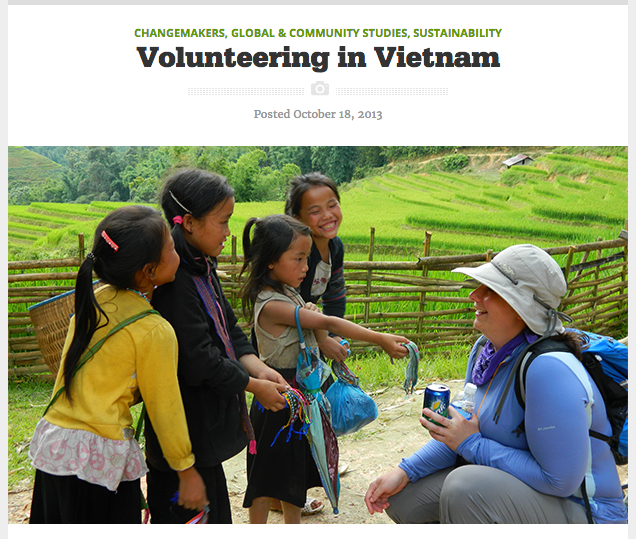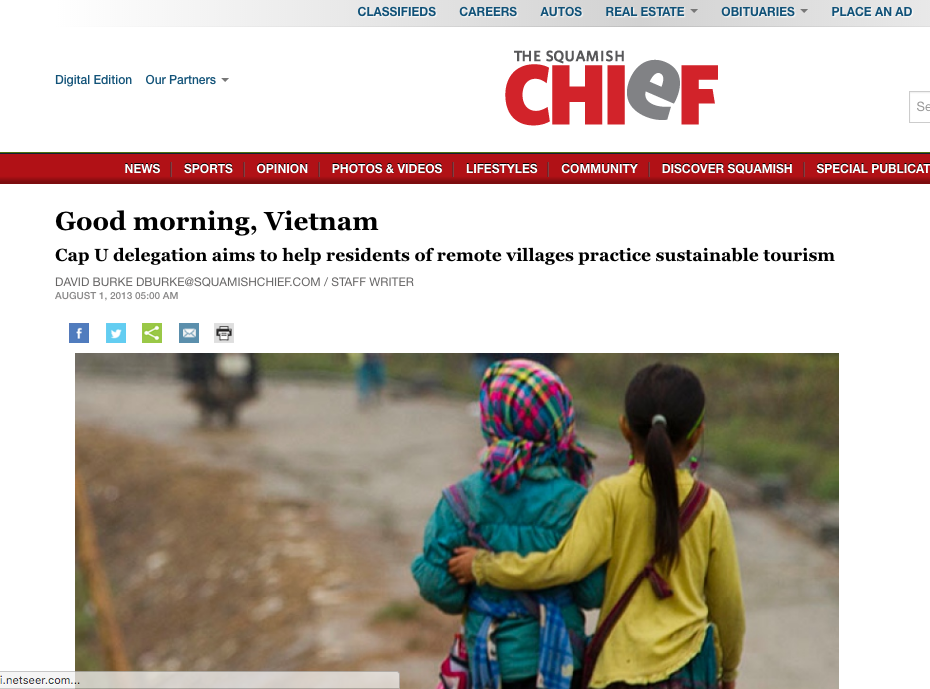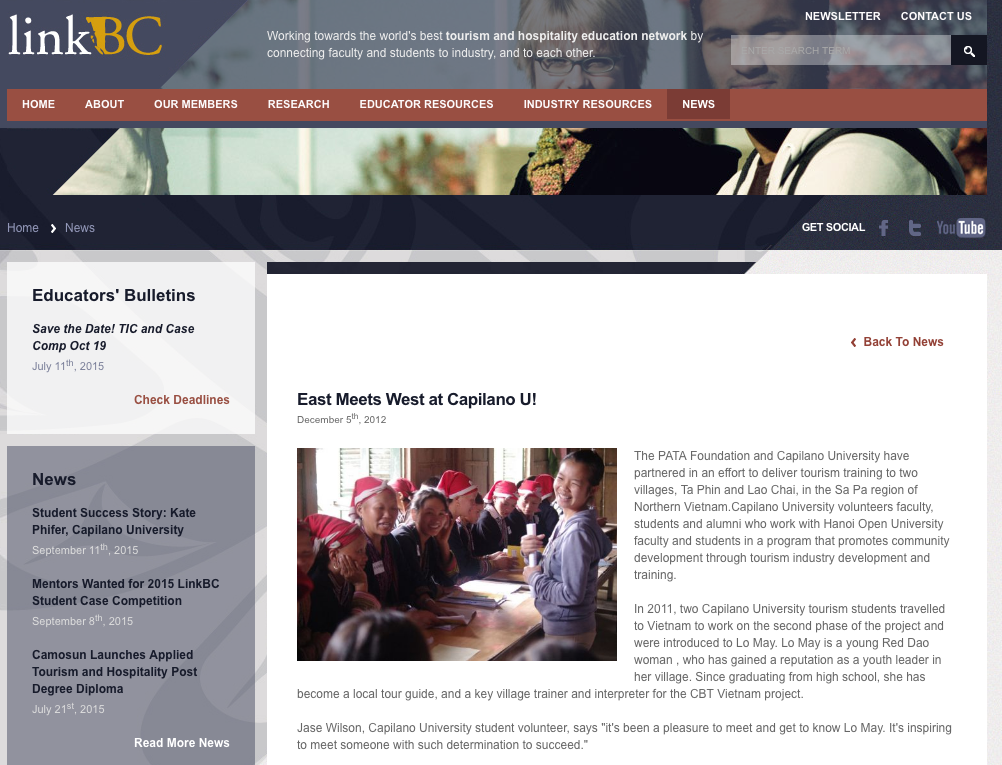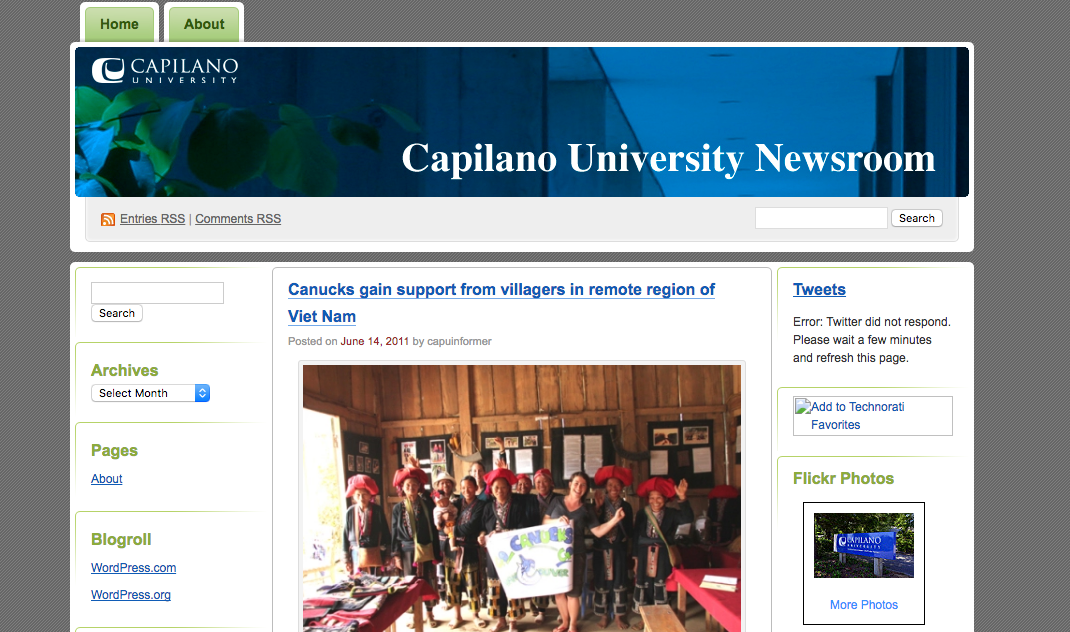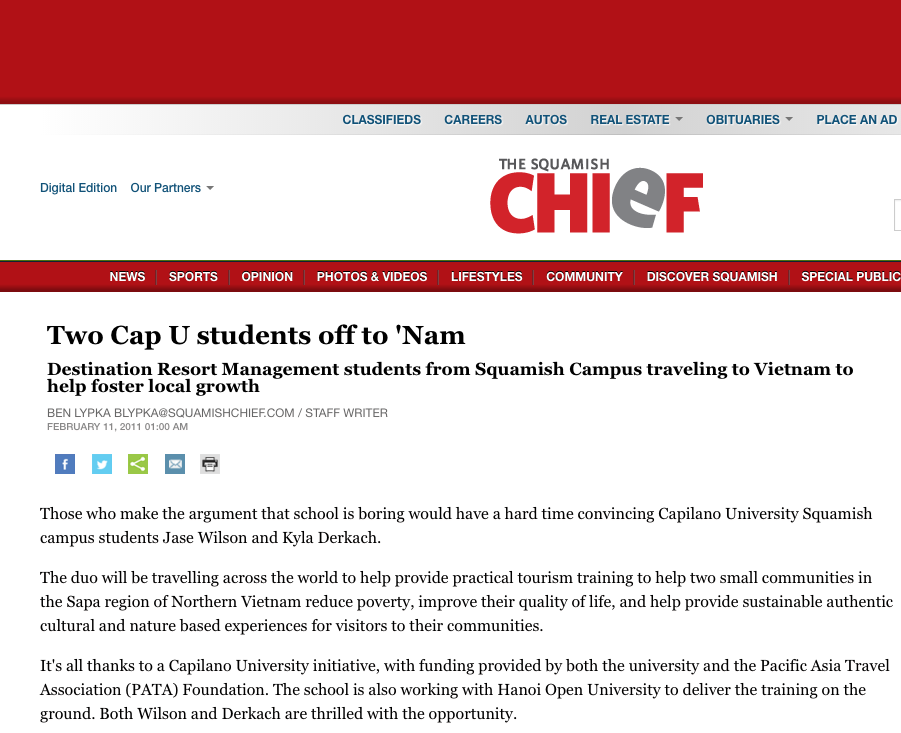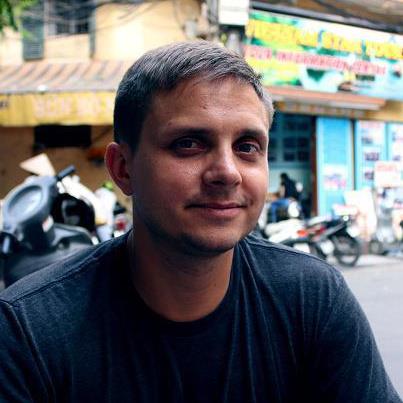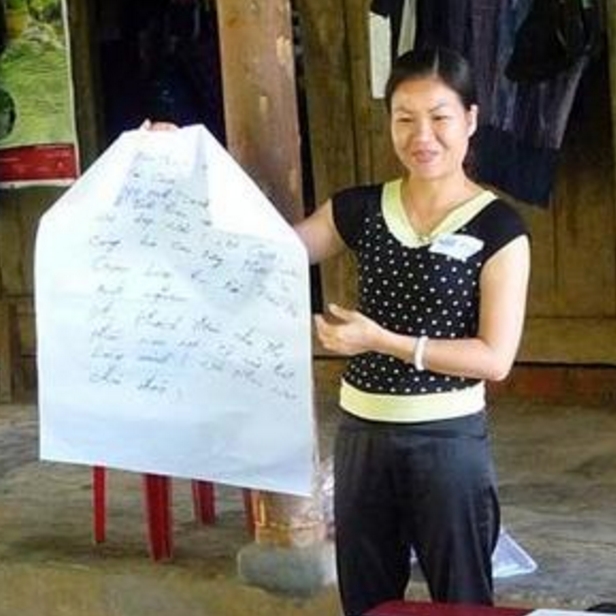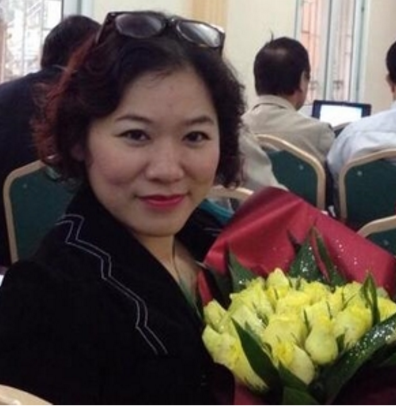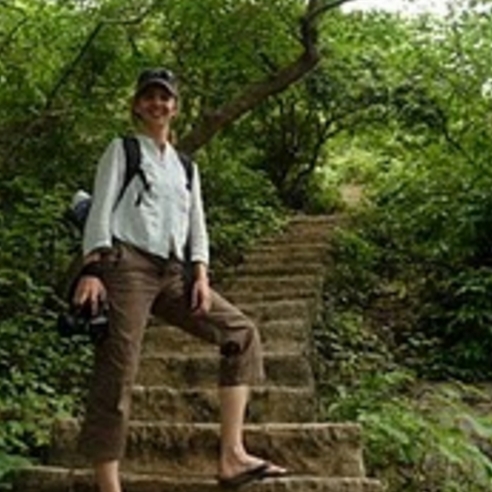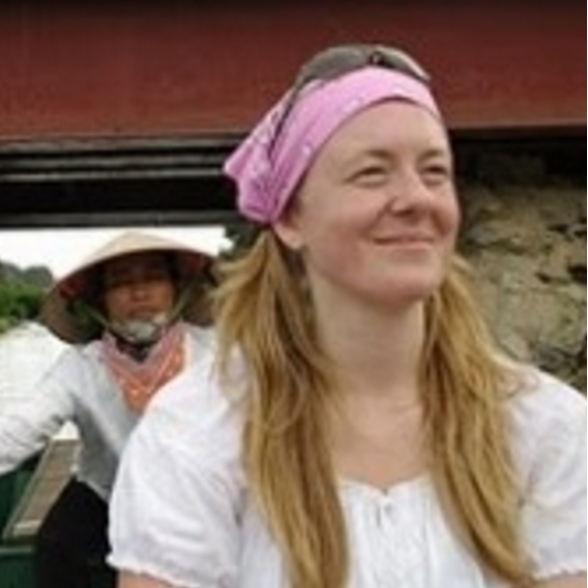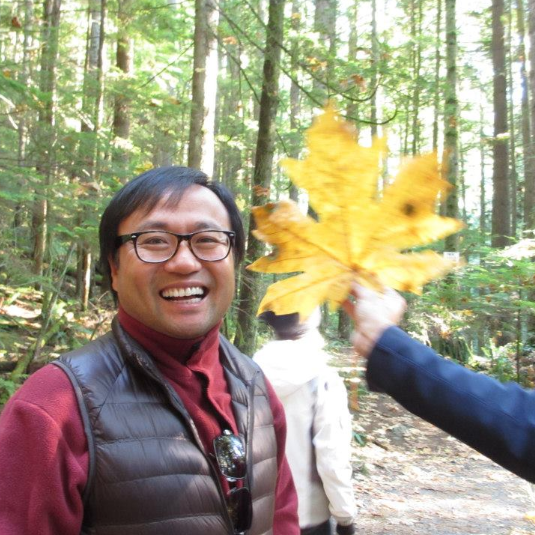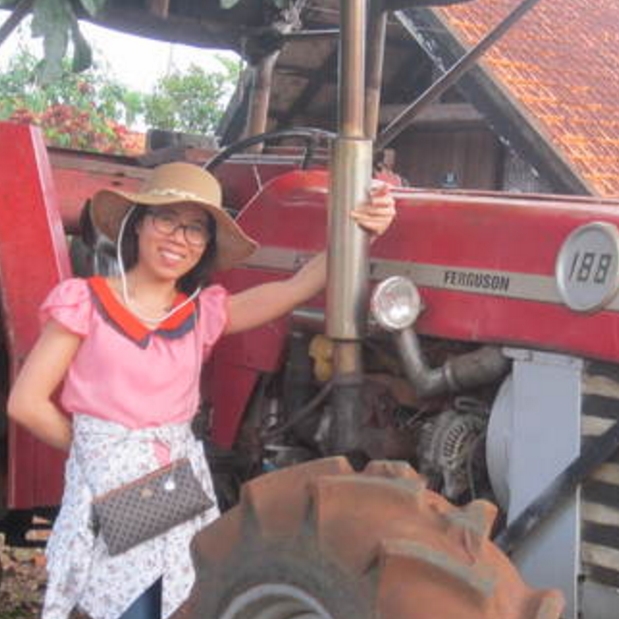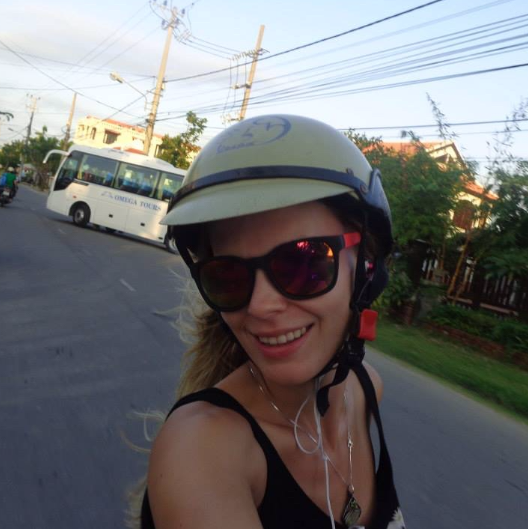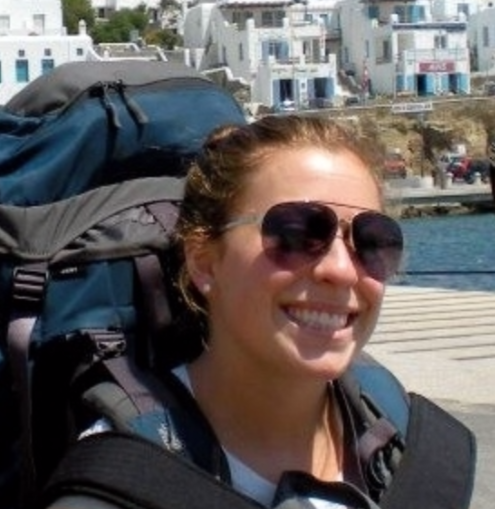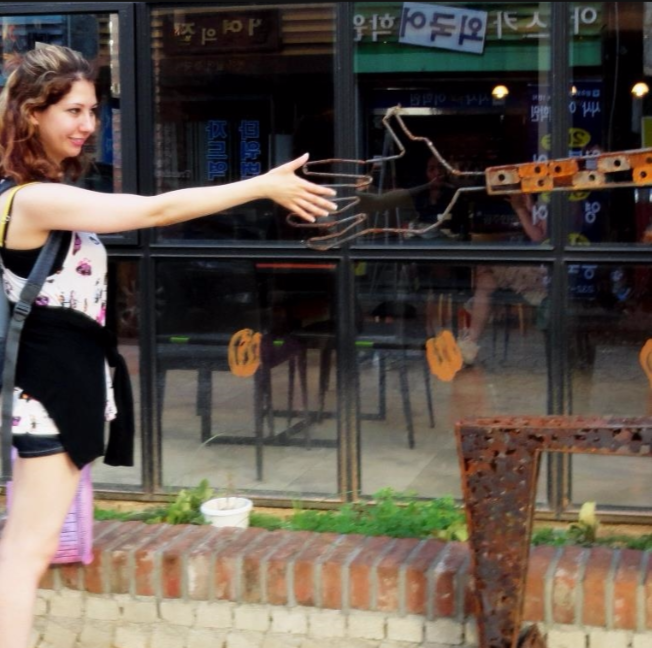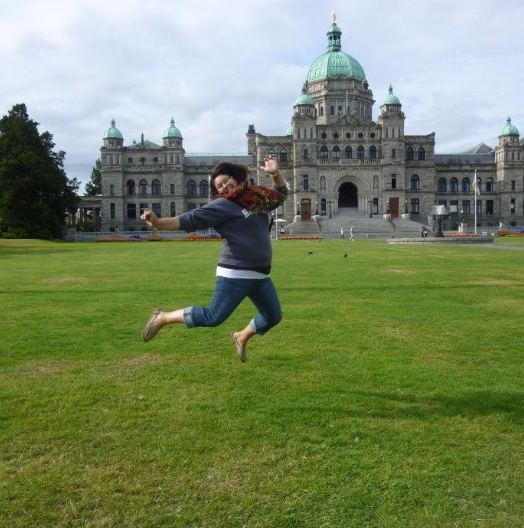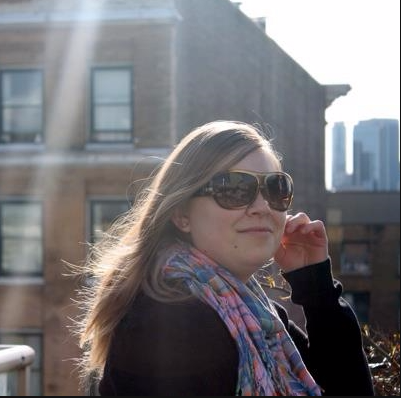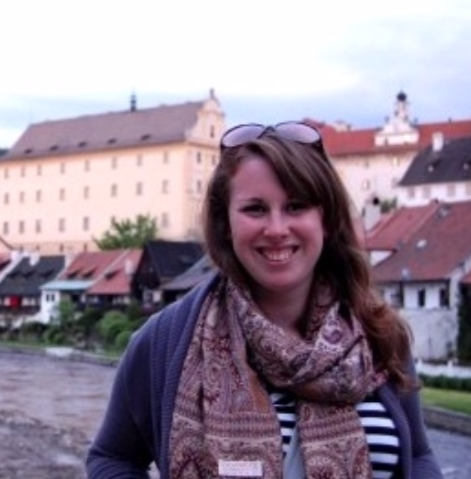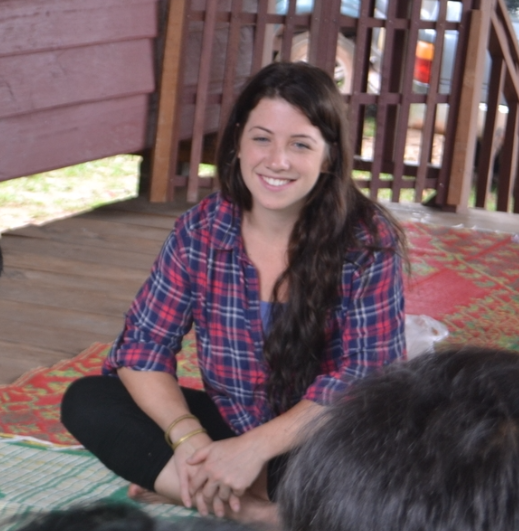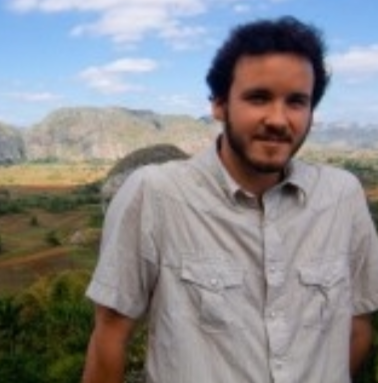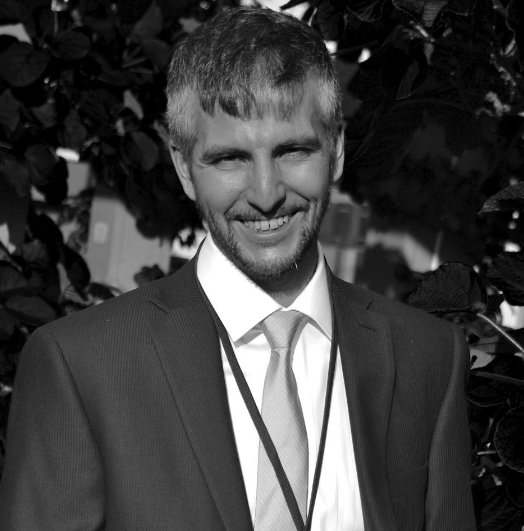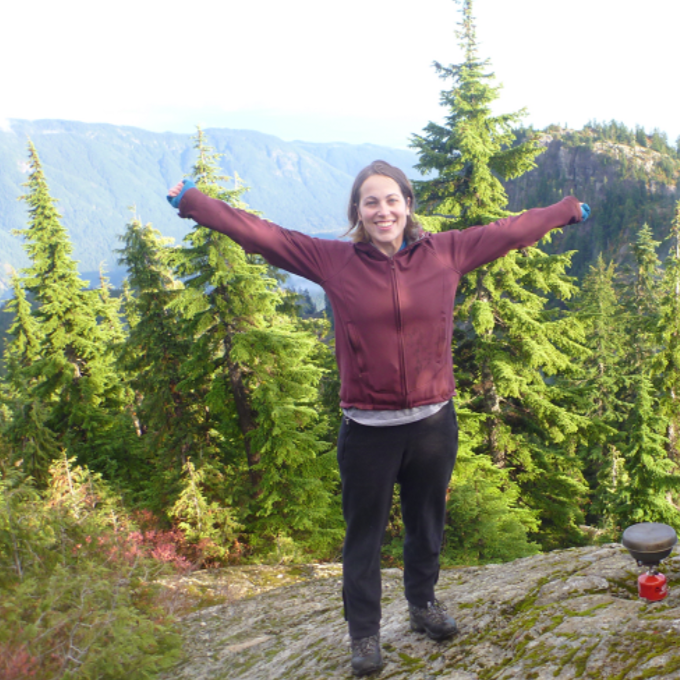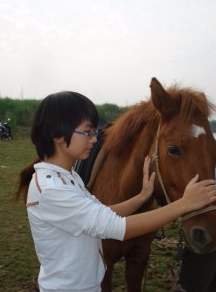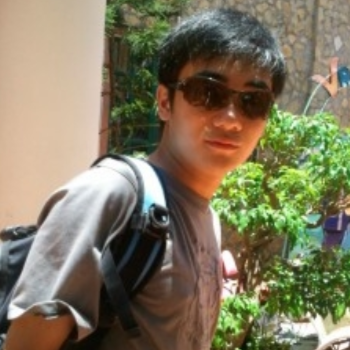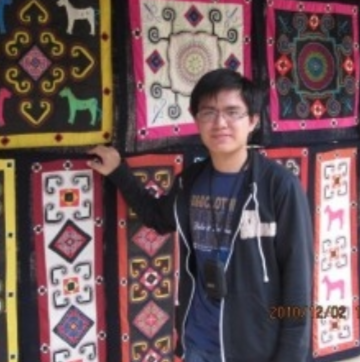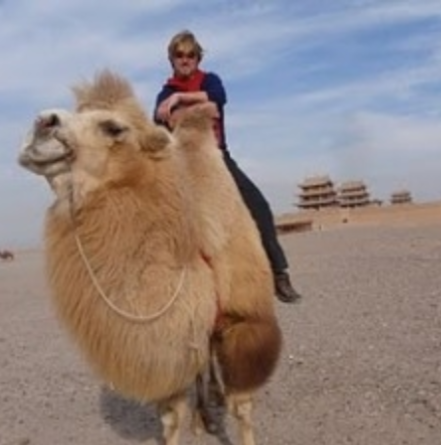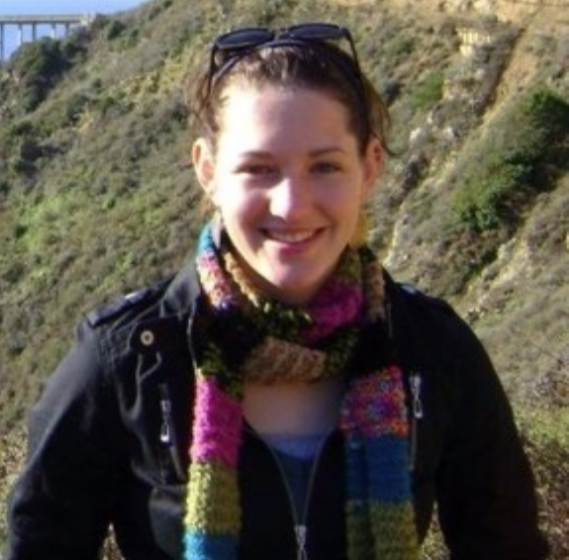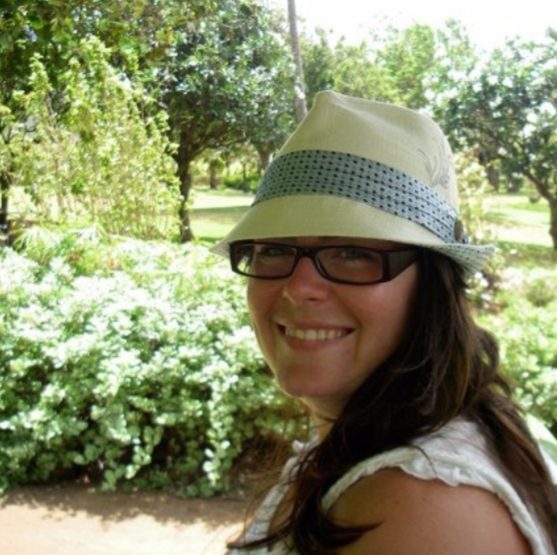
MORE ABOUT THE CBT VIETNAM PROJECT
MORE ABOUT THE CBT VIETNAM PROJECT
MILESTONES | OUR HISTORY | IN THE NEWS | PARTNERS | MEET OUR TEAM | BLOG | CONTACT
WHAT IS COMMUNITY BASED TOURISM?
Community based tourism involves communities controlling, managing and developing their own tourism industry, whereby tourists and travelers can experience the community's way of life and consider their social, economic, and environmental impacts upon the destination they are visiting.
THE CBT VIETNAM PROJECT
When Capilano University and Hanoi Open University were first invited into the villages of Taphin and Tavan in 2002 to begin the work of helping generate sustainable / community based tourism, Sapa was just emerging as a destination and very few visitors were coming to the remote, ethnic minority villages. We were challenged to help locals understand what tourism was, what the perspectives of the visitors were, and to help build skills in a culture based solely on subsistence agriculture and minor trade for hundreds of years. The only way to achieve this was through exceptionally high levels of consultation, community engagement, and relationship building.
DEVELOPING SUSTAINABLE TOURISM
In the villages the project’s programs begin with workshops to teach basic tourism skills and expand these to entrepreneurship and planning. These involve conversation, scenarios, role-playing, case studies, and practically getting involved. Together we improve sanitation, create new community tourism products (i.e. a temporary market, walking circuits and home stays), create business plans, enact community organizations, and help run community clean-up days with youth amongst other things.
We engage regional and local governments and local tourism stakeholders (hotels, local police, NGO's, guides etc.). To build lasting sustainable businesses we facilitate familiarization trips to the village with appropriate tour operators, and facilitate trips with locals, many of whom had never left their village, to Hanoi to present their products to local and international private sector tourism companies. These transformative experiences have led to enhanced understanding of product development, partnership agreements, fair and equitable pricing, preservation of culture, and village improvement strategies.
CBT VIETNAM'S TRAINING AND CAPACITY BUILDING PROGRAMS
ENTREPRENEURSHIP & HOMESTAY DEVELOPMENT
One of the observable successes of the project has been the development of authentic, culture homestays in the villages. For the most part, these homestays have been created and are run by women.
The greater majority of the women in the villages have never had the opportunity to go to school, however they are now running their own businesses out of their homes.
The training the project has delivered in the village has been created in a way that has helped the women gain the skills and knowledge needed to accomplish their entrepreneurial goals.
IMPACT: NEARLY 50 HOMESTAYS IN 4 SAPA VILLAGES
FACILITATING STAKEHOLDER CONNECTIONS
An important component to the Sapa tourism project are the tour operators; many of which are based in Hanoi. Unlike the homestay owners in the villages, the tour operators have the capacity to connect with the tourist. They are also the primary channel that connects the tourists with the homestays in Sapa. In the final phases of the project's programs we facilitate these critical connections through FAM trips, stakeholder workshops and formal meetings / presentations.
The above picture is from one of these such activities. In fact, the picture above is after one of the villagers first ever business presentations to members of the Vietnam Responsible Tourism Club (RTC) in Hanoi. This was also the first time many of the village women had actually gone to Hanoi.
IMPACT: NEARLY 500 INDIVIDUALS HAVE BEEN INVOLVED IN THE PROJECT SINCE ITS INCEPTION
COMMUNITY TOURISM PLANNING
Nearly every time we visit the villages we look for ways to engage the communities in tourism planning activities. We connect with locals tourism entrepreneurs, local government, youth, and other communities and talk about how we can better manage tourism from the perspective of the community as a whole. From these meetings the community has created codes of conducts (for tourists as well as for the community themselves), new community products, maps, and formal community tourism plans.
IMPACT: OVER 20 FORMAL WORKSHOPS FACILITATED
ENVIRONMENTAL STEWARDSHIP
Too often tourism impacts negatively on a community's natural environment. Working in collaboration with local schools and local organizations, we have designed programs, especially targeted to local Sapa and village youth. These initiatives enhance community knowledge about tourism and the environment, promote conservation, and encourage positive environmental action.
IMPACT: NUMEROUS WORKSHOPS WITH LOCAL ELEMENTARY SCHOOLS TO FOSTER ENVIRONMENTAL AWARENESS
SKILLS-BASED TRAINING
From the very beginning the project has been focused on building community capacity to develop and offer authentic, sustainable tourism products to tourists. At the foundation of the project's programs have been the delivery of skills based training.
There have been countless skills-based training sessions delivered in the village to ensure that the local community members have been given the skills they need to feel confident in their tourism businesses.
SKILLS COURSES
Skills courses have been developed and delivered in: Food Safety, Tour Guiding, English Language, First Aid, HIV/AIDS Awareness, Sanitation & Maintenance, Cooking and Welcoming Guests.
IMPACT: OVER 200 TRAINING WORKSHOPS DELIVERED SINCE 2002

Project Milestones
Project Milestones
WHAT WE'VE ACHIEVED
An estimated 500 people participated in training including members from Black Hmong, Red Dao and Giay ethnic minorities.
Approximately 60 students and faculty from Canada have volunteered for the project in Vietnam as well as approximately 40 student and faculty volunteers from Hanoi Open University
Nearly 50 authentic cultural homestays have been set up in 4 Sapa villages: Lao Chai, Tavan, Taphin and Giang Ta Chai.
We've also trained over 60 tour guides in the Sapa region who supplement the homestay product with trekking tours to the villages.
English and Vietnamese language skills have been improved in the villages enabling improved communication between host communities, Vietnamese tour operators and tourists.
Income generated by some individuals in the village has increased from US $500/year to US $2,400/year.
Lo May from Taphin village - was awarded a scholarship to study Tourism Management at Capilano University. Lo May went on to lead a project that raised over US $12,500 to develop a village market in her home village. Her project won the top prize at LinkBC's Project Change Competition in 2014.
8 videos have been produced to share the stories of the project since 2005. The videos have been shown to hundreds of people at special events and have received over 60,000 online views.
Winner of 4 international awards: PATA Grand Award for Education and Training (2014): finalist in Wild Asia's Responsible Tourism Awards (2015); finalist Tourism INnSPIRE Awards (2015); SKAL Sustainable Tourism Award (2016).

History
History
PROJECT HISTORY
The PATA Foundation and Capilano University have formed a long lasting partnership in an effort to deliver tourism training in the Sapa region of northern Vietnam.
Since August 2010, a new set of projects and training programs branched off from a previous five-year project (2002-2007). The project model empowers Capilano University volunteer faculty, students, and alumni in working with Hanoi Open University faculty and students on programs that build and strengthened the capacity of the local ethnic minorities, small business owners, village government, and communities as a whole.

in the news
in the news

Thank you to our Partners
Thank you to our Partners
Since 1968, Capilano University has been committed to meeting students at their individual learning level and helping them attain the education necessary to achieve their personal and professional dreams. With a 15 year history of degree granting, Capilano University provides students with a solid academic foundation and is commitment to developing new and innovative programs in response to community needs.
In 2002 Capilano U started a tourism training and capacity building project in Vietnam and has been committed to the region ever since. In June 2010, Capilano U secured a partnership with the Sapa government as well as the Sapa Sport, Trade and Tourism to continue work in sustainable tourism training and development.
The new project was granted access to the village of Taphin by the local government to deliver entrepreneurship, business development, event management, and tourism planning training. The local government has also granted permission to train the community of Lao Chai. In the Sapa region Capilano U has earned an amazing reputation, built meaningful relationships and worked hard to gain the trust of the local government and the students we train. We strive to continue this trend in assisting positive tourism development in the region and delivering exceptional student and faculty trainers alike.
The PATA Foundation is a natural extension of Pacific Asia Travel Association's dedication to the principles of conservation, which are part of the Association’s charter. When the concept of a charitable foundation was first proposed at the 33rd PATA Annual Conference in 1984, there was unanimous member approval.
Its mission is to contribute to the sustainable and responsible development of travel and tourism in Asia Pacific through the protection of the environment, the conservation of heritage and support for education.
Hanoi Open University (HOU), located in Hanoi, Vietnam was founded in 1993 and focuses on formal education, distance learning and international cooperation. HOU also specializes in hospitality, tourism, foreign languages and tour guiding skills. HOU is a member of the Association of Asian Open and Distance Universities (AAOU) and is also working with UNESCO setting up the curriculum for a virtual university in the Greater Mekong Sub-region.
HOU has worked in coordination with Capilano University to help deliver training on previous projects in the region. Working with current industry professionals, HOU is dedicated to delivering the most up to date knowledge in the field of tourism. Capilano University and PATA are fortunate to have highly qualified instructors and students alike participating in the CBT Vietnam project.
Sapa Sport Trade and Tourism has been a critical partner since the CIDA-funded project. Their leadership and support is a welcomed addition to all who are involved in the PATA / Capilano Projects. As a tourist, your point of contact with this local government organization is through the Sapa Information Centre. The centre is open throughout the day and offers information to all tourists who come to Sapa.
THANK YOU & ACKNOWLEDGEMENTS
The relationship with Sapa O’Chau, a Hmong-run social enterprise in Sapa, started when Shu, founder and director of Sapa O’Chau, was a learner in some of the CBT Vietnam training sessions and workshops during the original CIDA-funded project. Since that time, Shu has assisted and participated in many training and community engagement sessions.
The partnership between Sapa O’Chau was fostered when the social enterprise won a grant from the Canadian Embassy in Vietnam – the proposal of which was written in combination by Sapa O’Chau, Hanoi Open University and Capilano University. In February 2013, Sapa O’Chau hosted a CBT Vietnam facilitated stakeholder meeting welcoming members from the Taphin and Lao Chai communities, as well as tourism business owners from Hanoi and Sapa. In 2014, we took some first steps in creating an Environmental Club with Sapa O’Chau students. Thank you Sapa O’Chau, we look forward to continuing this successful partnership long into the future.
One of the nicest places to stay in Sapa, the 3-star Sapa Eden Hotel was opened by a Hanoi Open University graduate. The views from the hotel are stunning and rooms are comfortable and warm. The Sapa Eden Hotel has demonstrated its support for the project with continued discounted rates and one-of-kind service. They have also been supportive by attending a stakeholder workshop in Sapa.
A special thank you to Mr. Dung, your continued support for the CBT Vietnam project has not gone unnoticed.
Footprint Vietnam Travel, a leader in responsible travel in Vietnam, has been an integral service provider and advisor since the CBT Vietnam project’s beginnings. Footprint was also the very first tour operator to partner with the village of Taphin, bringing regular overnight trips to the homestays. Footprint’s leadership has been an example to which other local operators have been able to learn from. We cannot thank Footprint enough!
As service providers for many of the project trips, they have continued to offer discounted rates and the ultimate in customer service to our volunteers. A special thank you to Mr. Son, owner and founder of Footprint, and Hanna, travel consultant, for your personalized support.
The Responsible Travel Club (RTC) is the first organization of its type in Vietnam, made up of local tour operators committed to promoting responsible travel. Their support of the project was demonstrated through their active involvement in the CBT Vietnam facilitated stakeholder workshops. Through the RTC the women from Taphin have been able to connect with numerous local tour operators (RTC members). Planning has begun to see the same for Lao Chai. Thank you RTC and RTC members for your continued support.
The Sofitel Legend Metropole Hanoi, Hanoi’s most storied 5-star hotel, has become a significant partner within the activities of the CBT Vietnam project. Since September 2012, the hotel has welcomed the women entrepreneurs from Taphin several times. In fact, the Sofitel offered a place to stay for the women’s first ever trip to Hanoi. Since that first trip, the Sofitel Legend Metropole Hanoi has partnered with Taphin village in developing a successful highlanders’ market. The market has been set up on special occasions such as Christmas and Tet. The CBT Vietnam team would like to thank the Metropole for their continued support.
Little Hanoi Hostel is the CBT Vietnam's home-away-from-home in Hanoi. For years the Little Hanoi Hostel and its staff have welcomed us like family. Discounted rates and personalized service have been an important reason why we continue to stay at the hotel. Special thanks to Ms. Tam and Ms. Kim for your kindness.
The Vietnam Backpackers' Hostel organization continues to welcome the CBT Vietnam team as well as the villagers during their trips to Hanoi. They always kindly deal with our out of the ordinary demands of late check-outs and meeting spaces. They have also donated room and board on our villager trips to Hanoi. Further, they have made time to formally meet with the communities of Taphin AND Lao Chai more than one occasion. Special thanks to Max, Jason, Alaysia and Ms. Bach for their support and contributions.

Our Team
Our Team
MEET OUR TEAM
We would like to introduce you to our dynamic volunteer project team of Canadian and Vietnamese students, faculty, and alumni from Capilano University and Hanoi Open University. You will find bios of all the volunteers who have participated on the Capilano University – PATA Foundation projects.
Please click on each team member's photo or name to view their individual bio.

Contact
Contact
We welcome your feedback, comments and questions.
Email us directly at cbtvietnam@capilanou.ca.
